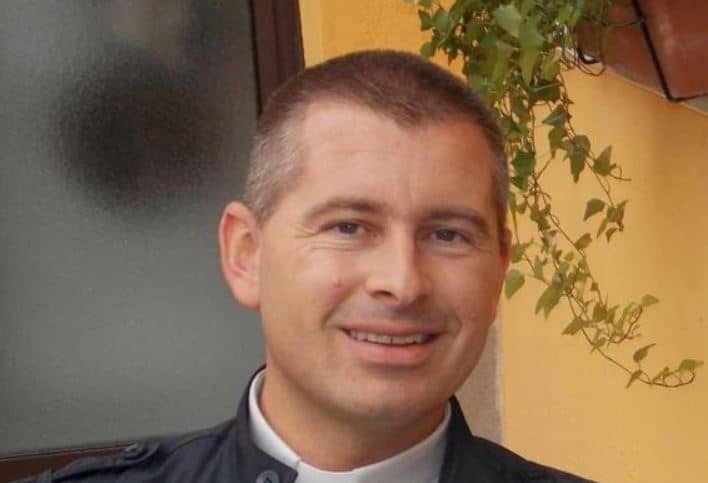Members of the Spanish Bioethics Committee have unanimously opposed a euthanasia bill, warning their government that the proposed legislation would oblige doctors to commit murder.
A 74-page report by the committee, an agency of the Ministry of Health, Social Care and Equality, declared that “solid health, ethical, legal, economic and social reasons” existed to reject euthanasia and assisted suicide.
“To legalize euthanasia and/or assisted suicide implies the initiation of the devaluing of human life, the frontiers of which are difficult to predict,” said the report published on the website of the committee.
“Euthanasia and assisted suicide are not signs of progress but rather a regression of civilization,” it said. “In the context in which the value of human life is already often conditioned by criteria of social utility, economic interest, family responsibilities … the legalization of early death would add a new set of problems.”
The report noted that in practice, the law was already applied leniently in cases of euthanasia and assisted suicide, with few people jailed under prohibitions that can carry prison sentences of up to 10 years.
The committee recommended that instead of enshrining euthanasia as a right, the government instead draw up a protocol for “palliative sedation” to deal with cases of extreme suffering.
The report warned the government that a euthanasia law would give a new “power of death” to medical professionals, whose role in healing the sick would be “substantially altered” by a duty to kill or assist in suicides.
“The change that it would produce is the intentional homicide on the part of the doctor as a legal obligation,” the report said, adding that the situation could not be compared with such options as not treating the patient or providing palliative care at the end of life.
“In these difficult times that we are living, it is good to remember once again that the risk of utilitarianism has not disappeared from our society,” they said. Utilitarianism would refer to the doctrine that the greatest happiness of the greatest number should guide people’s actions.
The report was signed in Madrid Oct. 6 with a note to the media to say that none of the members had dissented from any of the contents.
The government has nevertheless made amendments to the legislation to “guarantee” the right to euthanasia of Spanish citizens.
According to ABC, a Spanish newspaper, the amendments include an “express euthanasia” service, whereby medical teams will visit chronically ill patients at private homes to carry out the procedure there, as well as in hospitals and clinics.
The government also intends to shorten proposed waiting times between requesting and receiving euthanasia, to simplify the rules around consent, including that of patients who have lost mental capacity, and to apply the law retrospectively so that doctors will not be punished for performing euthanasia before the Organic Law for the Regulation of Euthanasia comes into force.
Passing a euthanasia law was among the electoral pledges made by the two parties in Spain’s ruling coalition.
The legislation was introduced in January, but progress was delayed until September by the COVID-19 pandemic. The legislature’s lower chamber, the Congress of Deputies, has approved the bill.
The bill will be debated in the Justice Commission before parliamentary groups in the Senate, the second chamber, will have a chance to further negotiate the amendments that have been incorporated.
The progress of the euthanasia bill to the Senate in mid-September was met criticism from Catholic leaders.
They included Cardinal Antonio Cañizares Llovera of Valencia, who accused the government of becoming the enemy of society instead of its protector, while Cardinal Carlos Osoro Sierra of Madrid said the bill represented the “betrayal of life.”
A statement by the Spanish bishops’ conference also said that “to put in the hands of others, especially doctors, the power to take the lives of the sick is incomprehensible.”
Soon afterward, a delegation of Spanish bishops met Pope Francis to discuss concerns about the bill.















